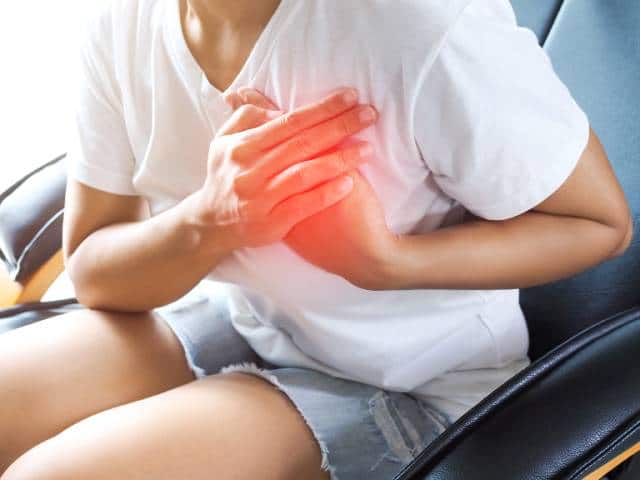Chronic pain is a pervasive and debilitating condition that affects millions of people worldwide. Traditional medication can provide relief, but it often comes with the risk of addiction and side effects. Fortunately, there are alternative therapies and techniques that can help manage chronic pain without relying on medication. In this article, we will explore these non-pharmacological approaches to alleviate suffering and improve the quality of life for those living with chronic pain.
Understanding Chronic Pain
Before delving into alternative therapies, it’s essential to understand what chronic pain is and why it’s so challenging to manage. Chronic pain is characterized by persistent discomfort that lasts for more than three months. It can result from various medical conditions, such as arthritis, fibromyalgia, or nerve damage. Unlike acute pain, which is a direct response to an injury, chronic pain is more complex and often involves the nervous system.
Alternative Therapies and Techniques
- Physical Therapy: Physical therapy is an effective approach for managing chronic pain, especially for musculoskeletal conditions. A skilled physical therapist can develop a personalized exercise program to strengthen muscles, improve flexibility, and reduce pain. They may also use techniques such as manual therapy, heat, or cold therapy to provide relief.
- Acupuncture: Acupuncture is an ancient Chinese practice that involves inserting thin needles into specific points on the body. It’s believed to stimulate the body’s natural painkillers and improve blood flow. Many individuals with chronic pain have reported significant relief after acupuncture sessions.
- Massage Therapy: Regular massage therapy can help relax muscles, reduce tension, and alleviate pain. It’s especially beneficial for conditions like fibromyalgia and chronic back pain. Different massage techniques, such as Swedish, deep tissue, or myofascial release, can be tailored to the individual’s needs.
- Mind-Body Techniques: Techniques like meditation, yoga, and mindfulness can help individuals manage their pain by reducing stress and promoting relaxation. These practices can also improve the overall quality of life for those living with chronic pain.
- Diet and Nutrition: Eating a balanced diet can play a significant role in pain management. Certain foods, like anti-inflammatory fruits and vegetables, can help reduce pain and inflammation. Consulting with a nutritionist can provide guidance on dietary changes for pain relief.
- Chiropractic Care: Chiropractors use spinal adjustments and manipulations to treat chronic pain conditions, particularly those related to the spine. Regular chiropractic care can help improve mobility and reduce pain in these areas.
- Herbal Remedies: Some herbs and supplements, like turmeric, ginger, and devil’s claw, have anti-inflammatory properties that can help manage chronic pain. However, it’s crucial to consult with a healthcare professional before incorporating these supplements into your routine.

Lifestyle Modifications
Besides these alternative therapies, making specific lifestyle changes can also have a substantial impact on chronic pain management:
- Exercise: Regular physical activity, as recommended by a healthcare provider, can improve muscle strength and flexibility, reducing the severity of chronic pain.
- Stress Management: Learning stress reduction techniques, such as deep breathing exercises or progressive muscle relaxation, can help manage the emotional aspects of pain.
- Sleep: Adequate and restful sleep is crucial for pain management. Establishing good sleep hygiene practices can significantly improve one’s ability to cope with chronic pain.
- Support Groups: Joining a support group can provide emotional support and valuable information from others who are experiencing similar challenges.
Conclusion
Managing chronic pain without medication is possible through a combination of alternative therapies, lifestyle modifications, and the support of healthcare professionals. It’s essential to work closely with a healthcare provider to create a personalized pain management plan that addresses your unique needs. By exploring these non-pharmacological approaches, individuals living with chronic pain can find relief and enjoy an improved quality of life. To learn more about managing chronic pain without medication, there are a ton of interesting articles at WomanAroundTown.




